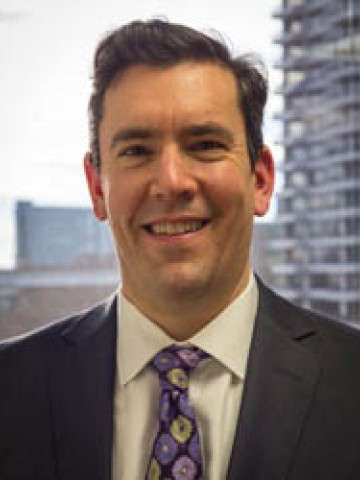If we want to catalyze a thriving food economy in the Pacific Northwest, where should we invest our philanthropic funds? We commissioned research into the production costs of six categories — no-till grain, grass-finished beef, organic greens, organic storage crops, pastured chicken, and hoop house pork — to identify differentiated and viable production systems aligned with our project's five overarching principles of health, social equity, family wage job creation and preservation. The results have revealed intriguing insights for our regional food economy, venture philanthropy and impact investing. We want to achieve system change to increase more sustainable food production and to build resiliency in rural communities. We want to support enterprise success so that rural communities can generate livable wage jobs and investors can at least preserve capital. We now know where we can do each; we seek the opportunity to do both. Now we're asking a new question: How can we advance system change by supporting success at the enterprise level?
Filter results by:
